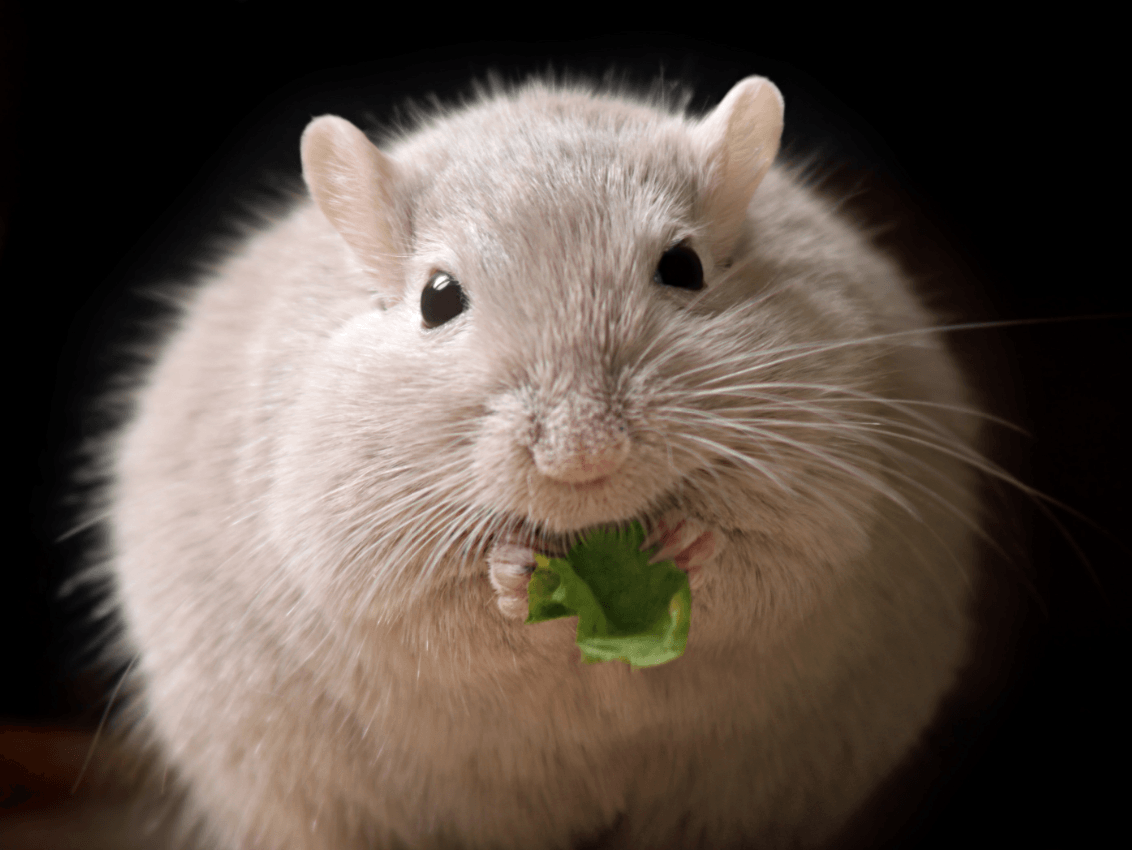Reaction to the finding that mice live longer if they eat little and only when active
Caloric restriction (substantially reducing food intake in a controlled way) prolongs longevity in many animal species. A new result in mice, published in Science, finds that this effect is greater if the animals only eat during the body's natural active phase.

In mice caloric restriction is known to prolong lifespan. /Adobe Stock.
Nabil Djouder on caloric restriction and longevity
Nabil Djouder
Head of the Growth Factors, Nutrients and Cancer Group of the National Cancer Research Center (CNIO)
It is very elegant work. Its result does not surprise me, because in fact fasting for defined periods of time, and taking into account circadian rhythms of activity, is a traditionally established practice in many cultures. The paper highlights that what is important for longevity is not so much the reduction of calories consumed, but that calorie restriction is maintained over a certain period of time in accordance with circadian rhythms (the biological clock that regulates physiological functions), so that intake is adjusted to the body's activity rhythms.
One could easily test the benefits of calorie restriction in humans over defined periods of time by measuring specific parameters, such as metabolic, inflammatory, cognitive, memory, exercise, etc. indicators. So I don't see a problem with this type of work being done in humans by analysing these markers. However, to measure the benefits of calorie restriction on longevity we will need a long-term experiment.
Pablo J. Fernandez-Marcos on caloric restriction and longevity
Pablo J. Fernández-Marcos
Head of the Metabolic Syndrome Group (BIOPROMET) at IMDEA Food
This is a monumental work characterising the effect of periodic fasting on ageing. They find that classic calorie restriction (eating less) benefits lifespan and quality of life, but the effects are better if a period of fasting is also added. Also, the timing of eating and fasting is important.
He uses five very well controlled feeding protocols in mice: a control group with free access to food (Ad libitum); and 4 protocols in which the calories administered are reduced by 30%, but the feeding times are very well controlled.
Taking into account that mice are nocturnal, the animals that eat at night would be the ones "aligned" in terms of their circadian rhythms; while those fed during the day would be eating outside their normal rhythms (as if a human were eating at night, between sleep and sleep).
He obtains very precise data on mouse behaviour and gene expression at different times of the day. What is striking is that all this is done over the 3 years (or more) of the mice's lifespan: a huge and invaluable project.
The most interesting thing they observe is that classical calorie restriction (eating less) is in itself beneficial in terms of lifespan and quality of life in old age. However, if we add a period of fasting to classical calorie restriction, the effects are clearly better: we go from a 10% increase in lifespan with calorie restriction alone to 20-35%. In other words: periodic fasting does something specific that calorie restriction does not do, and that has benefits of its own.
Another interesting finding is that the timing of feeding and fasting is important: if we eat outside their natural time (daytime in mice, equivalent to nighttime in humans), we still have beneficial effects compared to ad libitum mice; but they are smaller compared to those who fast at night. Furthermore, the benefits of fasting for 12 hours and eating throughout the other 12 are very similar to the benefits of fasting for 22 hours and eating for only 2 hours.
While the study is great, it still leaves a lot of questions open:
- It is a pity that these studies are restricted to male mice, as it is well known that the response to calorie restriction and/or fasting is different between males and females/men and women.
- The study has been done in 100% twin mice. The results in a different strain could be very different. This severely limits the extension of these results to humans, with very different genetics between individuals.
- The feeding times in fasted mice are not very applicable to humans: it is not common to eat during our sleeping hours, as is the case with mice that only feed during the day.
- Mice have access to exercise wheels and use them intensively. A Spanish group (Prof. José Viña's group in Valencia) has already published that exercise without calorie restriction improves diseases associated with ageing, but does not increase longevity. It would be interesting to know whether the effects of fasting are maintained in a sedentary environment, without exercise wheels; or with diets rich in fat or sugars, representative of what we find in humans today.
- Caloric restriction begins when the mice are very young. It is known that the beneficial effects of calorie restriction diminish when they start at later ages: would the differences between the different fasting protocols be maintained if they start when the mice are older?
- They only study genes expressed in the liver, a very important organ. But it remains to be seen what happens with other equally relevant tissues, such as muscle, brain, fat...
Victoria Acosta-Rodriguez et al.
- Research article
- Peer reviewed
- Experimental study
- Animals
